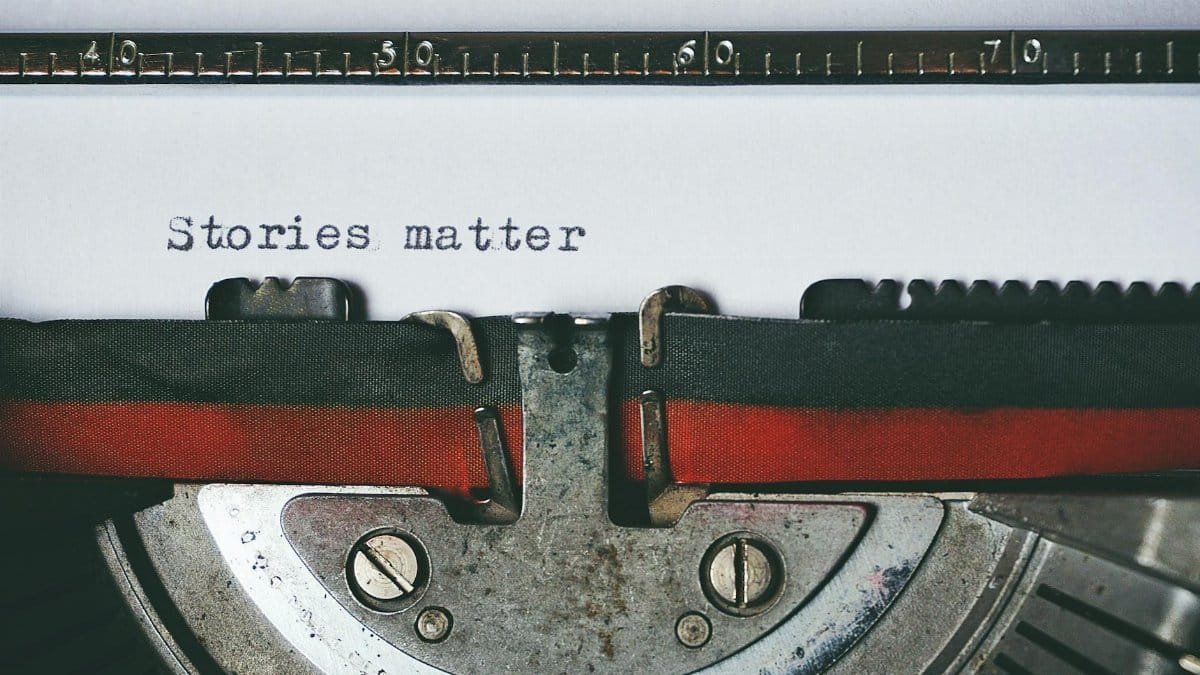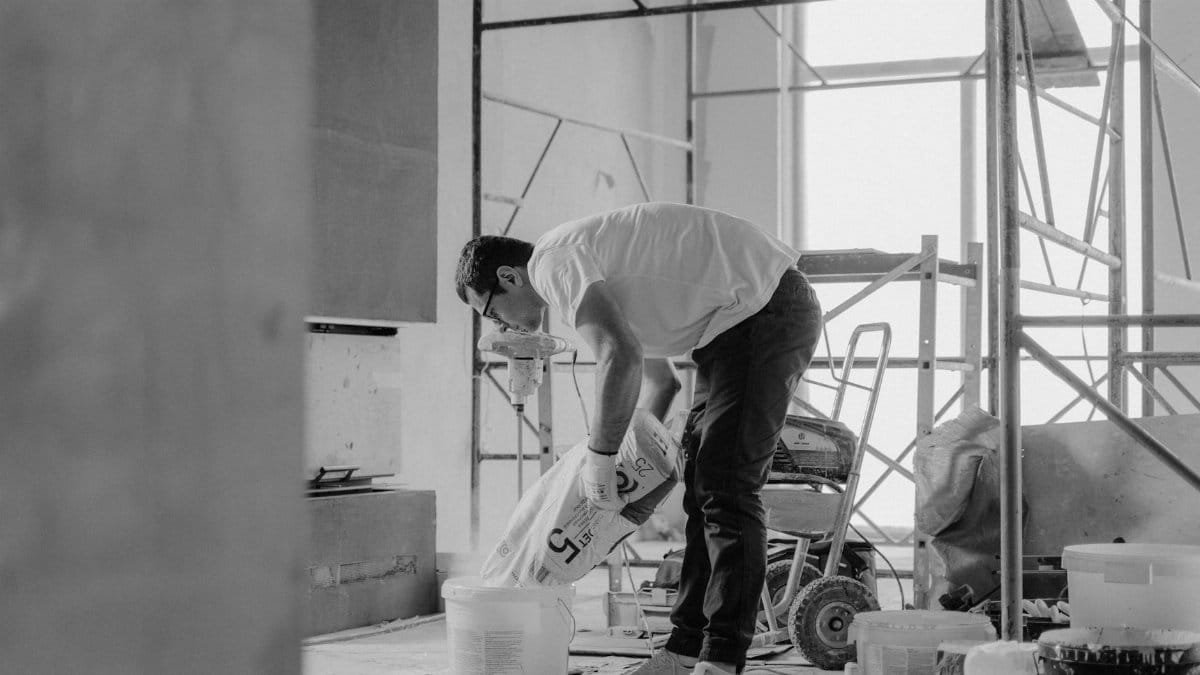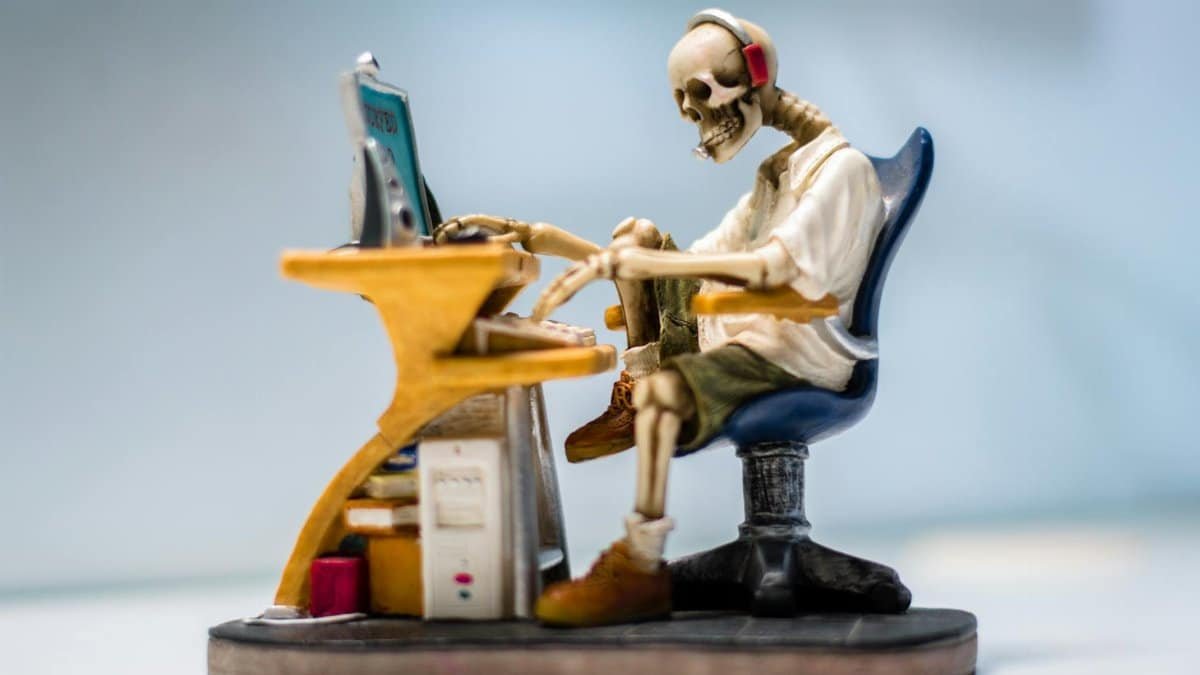Walk down any street in Portland, Oregon, these days, and you might notice a subtle shift. Amid the artisan coffee shops and quirky boutiques, there’s a quiet undercurrent of people seeking something deeper— a way to redefine themselves after feeling utterly spent. They’re grappling with what some call crafting origin story burnout, a phenomenon where the pressure to create a perfect personal narrative becomes as exhausting as the struggles it’s meant to explain. For many, the idea of an origin story—a tale of trials, triumphs, and transformation—feels essential in a world that demands authenticity. Yet, the process of shaping that story can drain emotional reserves, leaving individuals stuck in a loop of self-doubt. How did this quest for meaning turn into a burden? And more importantly, how can it become a source of renewal instead of fatigue?
The Weight of a Perfect Narrative

At its core, an origin story is supposed to be a lighthouse—a guiding narrative that explains who you are and why you do what you do. Think of entrepreneurs pitching their startups or artists sharing their creative journeys. But for too many, the act of crafting this story becomes a grind. The pressure to distill life’s messiness into a neat, inspiring arc often feels like an impossible task. Social media doesn’t help, with its endless highlight reels suggesting everyone else has their story figured out. A 2023 study by the Pew Research Center found that 62% of Americans feel increased pressure to present a “polished” personal identity online, a trend that fuels this exhaustion.
Take the case of a mid-career professional in Chicago, who, after a layoff, spent months trying to frame their setback as a “pivot” for networking events. Each draft of their story felt forced, inauthentic. They confided to a friend, “I’m tired of trying to sound like a hero when I just feel lost.” This sentiment captures the heart of crafting origin story burnout—when the story meant to empower starts to imprison instead.
Why Origin Stories Matter So Much

Before dissecting the burnout, it’s worth understanding why origin stories hold such sway. Humans are wired for narrative. Research from American Psychological Association highlights how storytelling shapes identity, helping people make sense of trauma and change. An origin story isn’t just a personal quirk; it’s a cultural currency. In job interviews, therapy sessions, or even casual conversations, we’re often asked to explain “how we got here.”
For middle-aged adults, especially, these stories carry extra weight. After decades of accumulating experiences—career shifts, family challenges, personal losses—there’s a longing to tie it all together. But that desire for coherence can clash with reality. Life isn’t a movie with a tidy plot. When the narrative refuses to gel, frustration sets in, morphing a reflective exercise into a source of stress.
The Burnout Breaking Point

What pushes someone from thoughtful storytelling into full-on crafting origin story burnout? Often, it’s the collision of internal doubt and external expectation. Imagine a small business owner in Atlanta, burned out after years of hustle, trying to pitch their brand to investors. They’re told their “why” needs to be compelling—a tale of grit or vision. But revisiting past struggles to frame that “why” feels like reopening old wounds. A 2024 report from Gallup notes that 59% of workers feel emotionally drained by workplace demands for personal authenticity, a factor that spills over into narrative-building.
Then there’s the perfectionism trap. Many fear their story isn’t “good enough”—lacking the drama of a rags-to-riches arc or the clarity of a single defining moment. This self-imposed standard can spiral into endless revisions, each version draining more energy than the last.
Cultural Forces Fueling the Fatigue

Zoom out, and it’s clear this isn’t just a personal failing—it’s a cultural symptom. America in 2025 is obsessed with reinvention. From self-help books to TED Talks, the message is loud: your story defines your worth. But this narrative fetish ignores the toll of constant self-examination. A study by National Institutes of Health suggests that over-identifying with personal narratives can heighten anxiety, especially when those stories feel inauthentic or forced.
Online spaces amplify this. Scrolling through anonymous forums, it’s common to find laments about the pressure to “brand” oneself. One user shared a raw frustration: “I’m supposed to have this epic backstory for my freelance gig, but I’m just tired of explaining myself.” This exhaustion reflects a broader tension—how do you stay authentic when authenticity feels like a performance?
Reframing the Process for Renewal

So, how does one escape crafting origin story burnout and turn the process into something healing? First, ditch the idea of perfection. An origin story doesn’t need to be a blockbuster. It can be a quiet, messy sketch of growth. Therapists often suggest focusing on small, honest moments rather than grand epiphanies. What’s one memory that shifted your perspective? Start there, and let the rest unfold organically.
Another shift is to see the story as a work in progress. A teacher in Denver, after years of struggling to define her career change, decided to frame her narrative as “still evolving.” She told a colleague, “I don’t have all the answers yet, and that’s okay.” This mindset lifted a weight, allowing her to share without the burden of finality. The act of storytelling became less about closure and more about curiosity.
Finding Community in Shared Struggles

Burnout often thrives in isolation, but connection can be an antidote. Across the U.S., workshops and support groups are popping up to help people craft narratives without the pressure. In cities like Austin and Seattle, storytelling circles let participants share drafts of their origin stories, receiving feedback not on “inspiration” but on honesty. These spaces remind us that everyone’s narrative is a struggle at some point.
Beyond formal settings, even casual conversations with friends can help. Admitting the fatigue of crafting origin story burnout to a trusted confidant often reveals shared feelings. There’s relief in hearing, “I’ve been stuck on that too.” Vulnerability doesn’t just lighten the load—it reshapes the story itself, making it more human.
Turning the Page to a New Chapter

Ultimately, the journey from burnout to beacon isn’t about discarding the origin story but reclaiming it on your terms. Strip away the need for applause or validation. Let the narrative be a mirror, not a mask. For some, this means writing it down just for themselves, a private act of sense-making. For others, it’s about sharing only fragments, saving the full arc for a later day.
As life in 2025 continues to demand reinvention, the challenge of crafting origin story burnout won’t vanish. But by easing the pressure and embracing imperfection, what once felt like a chore can become a quiet strength. It’s not about having the perfect tale—it’s about finding peace in the telling. And sometimes, that’s the most powerful story of all.
Natasha is the heart of our exploration into conscious connection. Applying principles from multiple counseling courses in her own life, she guides you to cultivate stronger, more joyful bonds.
Disclaimer
The content on this post is for informational purposes only. It is not intended as a substitute for professional health or financial advice. Always seek the guidance of a qualified professional with any questions you may have regarding your health or finances. All information is provided by FulfilledHumans.com (a brand of EgoEase LLC) and is not guaranteed to be complete, accurate, or reliable.
